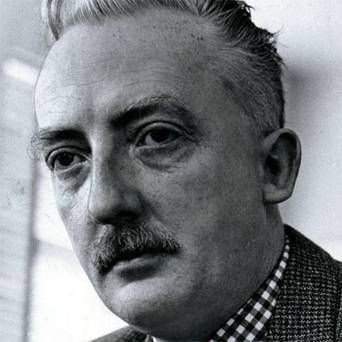By Peter McDermott
In her last engagement on her New York visit, President Mary McAleese said that the generations who came after the Famine immigrants never lost their faith in Ireland.
"They kept faith with Ireland's struggles, with the struggle for independence and the struggle in recent times to end conflict," she said at the Irish Hunger Memorial at Battery Park City early on Sunday afternoon last.
McAleese in her remarks referred to the Peace Process as "a joy " and "a wonderful jewel in Irish life."
She added: "This is the first generation that that has known peace and partnership on the island of Ireland."
Despite the forecast for rain showers, hundreds gathered to hear the president on the banks of the Hudson River. The other speakers in the relatively short program were Irish radio host Adrian Flannelly, William Thompson, the chairman of the Hugh L. Carey Battery Park City Authority, his predecessor James Gill, who is the chairman of the Irish Hunger Memorial Foundation, and Christine Quinn, the speaker of New York City Council.
Quinn said: "In this the richest and greatest city in the world, a million people will go to their beds tonight not knowing if they will have enough food tomorrow."
She said access to food and the struggle to eradicate hunger remained important issues and she praised the Irish president for raising awareness about them.
"We are all one human family," McAleese said. "When people are suffering, we are diminished.
The president said: "We gather in sacred memory of the great many men and women, the two million who came here after the Great Famine, but in particular memory of the one million whose lives were ended as a result of An Gorta Mór.
"I had the privilege of being here some years back and it was evident then that this little piece of Mayo landscape behind us would become a beloved place, a place that would be visited by many and would come to be a place of special pilgrimage."
She referred again to those who arrived from Ireland a century and a half ago: "What they would not have given to see a Mayo field, even though they had left their fields behind in terrible circumstances.
"The absence from them broke their hearts for many years, and for many generations," she said. "They carried those broken hearts even as they tried to make new and unbroken lives.
"In the most meager of jobs, in the most miserable of circumstances, with all sorts of aches in their hearts, they sent money home.
"They were extraordinary. They helped to stem the tide of poverty and to educate a new generation," the president said.
And everyone who died in Ireland's Great Famine has new life. "They have power in their memory," she said.
"I want to thank New York for remembering the pain they suffered," the president said.
Traditional musicians performed during the program and four Irish-born, New York-based actors - George Heslin, Aedin Moloney, Ciarán O'Reilly and Fiona Walsh - read extracts from interviews with citizens about the Famine that were conducted by the Irish Folklore Commission in the late 1940s.










